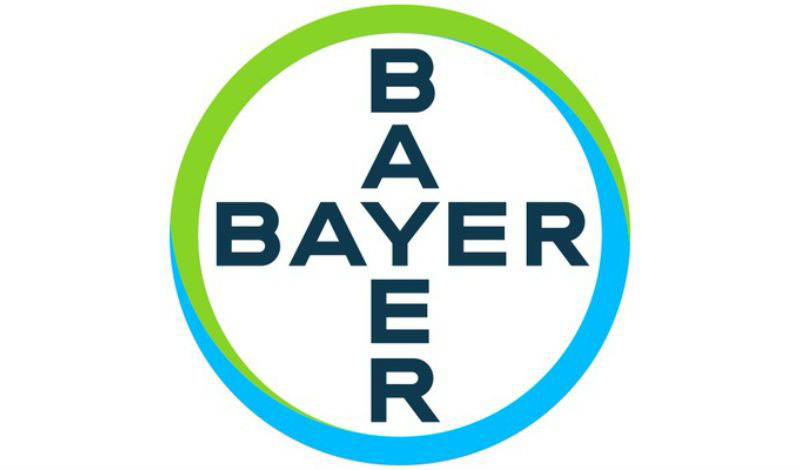World Health Organization (WHO) current estimates of the worth of counterfeit medicines traded globally now stand at around 73 billion euros, according to a March 2020 background briefing paper on the subject published by one of the world’s largest manufacturers of pharmaceuticals, the German company, Bayer.
The world-renowned pharmaceutical giant is pressing state authorities to “take responsibility to protect consumers and patients” and to “uncover fraud and effectively prosecute counterfeiters. In the coming years, it will be important to establish national and international structures and networks, as well as create suitable legal guidelines. Furthermore, it is necessary to raise awareness in the relevant institutions and authorities, as is already largely the case with customs authorities,” Bayer adds.
While the vulnerability of poor countries to fake drugs has long been widely known, the Bayer briefing paper asserts that the problem now exists on a global scale “reaching countries such as Germany, the UK, Italy, Spain and the USA.” It adds that the continued escalation of counterfeit drugs is attributable to the stepped up activities of illegal internet pharmacies which have increased their own involvement in the trade by around 50%.
Still, according to the Bayer briefing paper, it is poor countries which cannot afford the high costs of safe drugs that continue to be the victims of heavy fake drugs importation. Bayer refers to “WHO estimates” which put the volumes of fake drugs in Africa, Asia, and South America at “more than 30 per cent of medicines in circulation,” while in some countries in Eastern Europe, the proportion of fake medicines can be more than 20 per cent. “In Europe and in the USA, as well as in other developed countries, less than one per cent of the medications sold are counterfeits,” Bayer notes.
Bayer contends that the danger in the trade reposes in the fact that counterfeiters “are not interested in providing patients with a medicine that is equivalent to the original product.” It asserts that even if a fake drug contains certain active ingredients, it usually has a lower quality or quantity of the substances. This limitation, the Bayer assessment says, “can cause a vaccination or test result to fail… or can even lead to pathogens becoming resistant to the original active substance… in extreme cases counterfeiters add dangerous or even toxic substances to their product to achieve the same effect, (more precisely, a side effect, not a true medicinal property) as seen with the original medicine to simulate authenticity,” the Bayer probe adds.
The widespread distribution of fake drugs in developing countries is facilitated largely by the fact that the treatment culture commonly circumvents established prescription regimes associated with the distribution of certain drugs. The Bayer briefing adds that while certain medicines, including some non-prescription medicines may only be dispensed to consumers by “pharmaceutically-trained personnel,” some patients access “internet offers” as a means of acquiring those medicines.
The Bayer briefing also frowns on the practice of patients ignoring the procedure of prescriptions when accessing medicines on the grounds that they “need reliable, easy-to-understand information” about the drug. “Prescriptions are required to protect patients from considerable dangers and potential damages of a drug,” Bayer says.
Various assessments of the proliferation of fake drugs and their impact on health and wellness in poor countries have pointed to concerns that fake-drug penetration of the health systems in those countries is due largely to corrupt transactions, many of which are underpinned by collusion amongst the importers and well-placed public officials responsible for the acquisition of drugs and for the procedures involved in their importation. These rackets, it has been suggested, survive and even thrive specifically because they enjoy the protection of the very state officials who benefit from them.
The proliferation of fake drugs, according to Bayer currently thrives on the fact that “typical market structures and trading routes have been liberalized, allowing vendors to sell medicines at lower prices, while “the internet has made sales and trade of various articles simpler and more global.”



